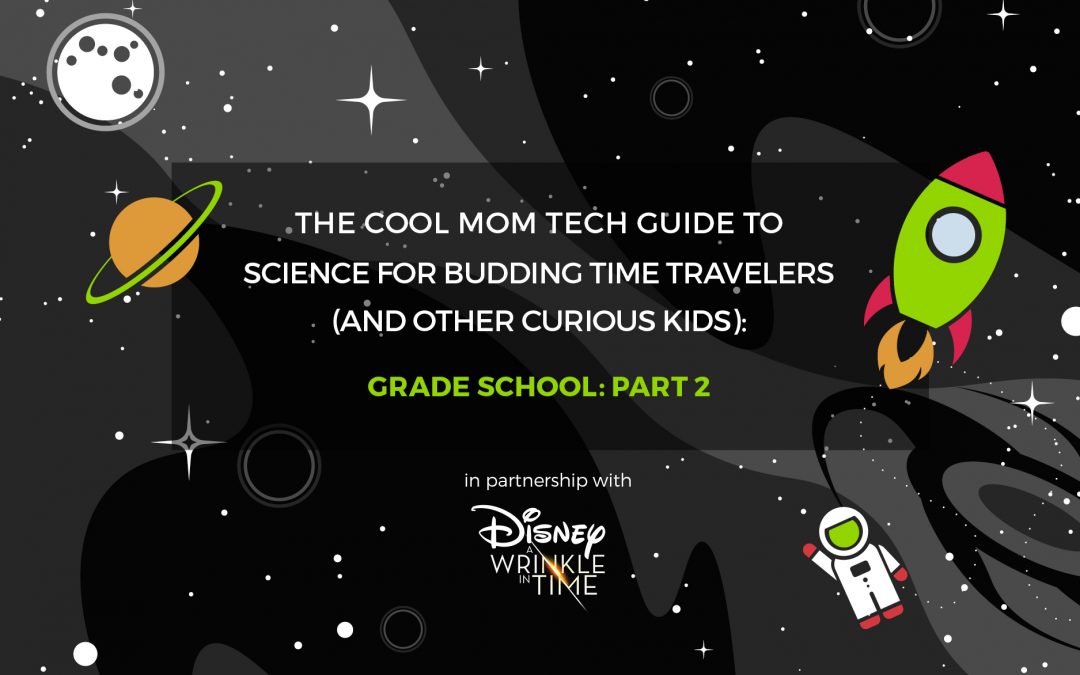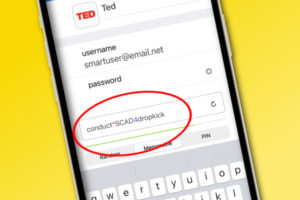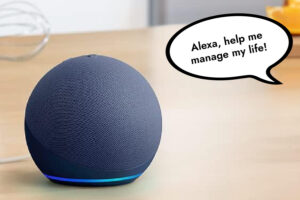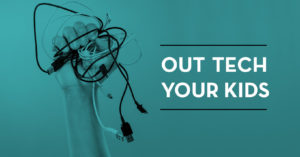While kids are born to love science, every kid at every age has different abilities, inclinations, passions and skills. We started Cool Mom Tech in part to help parents foster that love of STEM in their kids, which is why we couldn’t be more thrilled to bring you this five-part science guide for kids on behalf of our truly amazing sponsor, Disney’s A Wrinkle in Time, available on Digital & Movies Anywhere May 29, and on Blu-ray June 5.
Whoo!
If anything is going to get kids excited about concepts of science, from the basics to, you know, bending space and time, it’s going to be Meg, Charles Wallace, Calvin, The Murrys and those awesome Mrs.’s.
In this guide you’ll find:
-Science and developmental skills for grade school kids
-2 free printable Science Experiment Recording Worksheets
-A science experiment idea list for grade schoolers
-Adaptations for older grade schoolers and tweens
–Disney’s A Wrinkle In Time parent-kid movie discussion guide
-Additional science resources
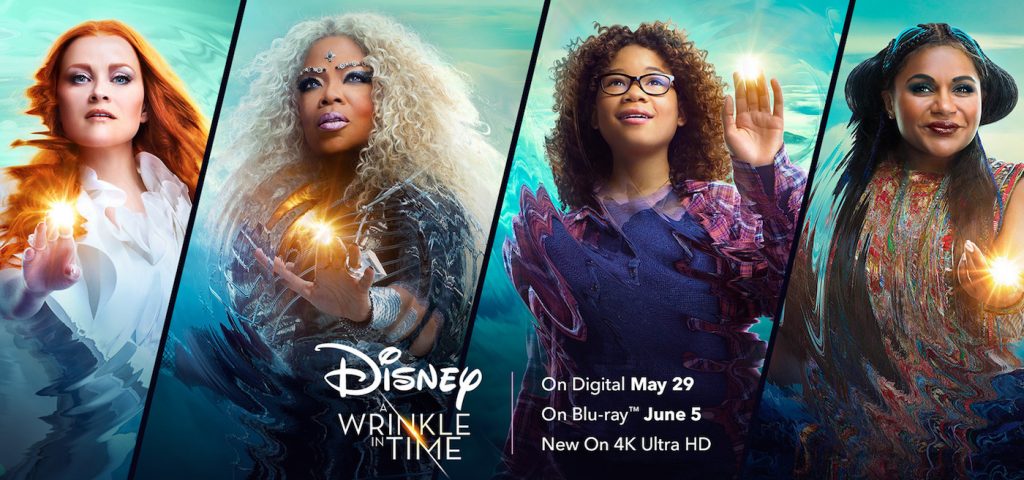
So we hope you’ll enjoy this science guide, developed with the help of experts and educators, which can help your kids get some more learning out of the film, bring some of the exciting science concepts to life — though no time travel just yet, sorry — and help your own kids find their own paths.
Because we know all kids are capable of doing the extraordinary.
Keep an eye out for other posts in the Cool Mom Tech Guide to Science for Budding Time Travelers (and Other Curious Kids) just for kindergarteners, tweens, and teens too.
The Cool Mom Tech Guide to Science:
Grade School Kids
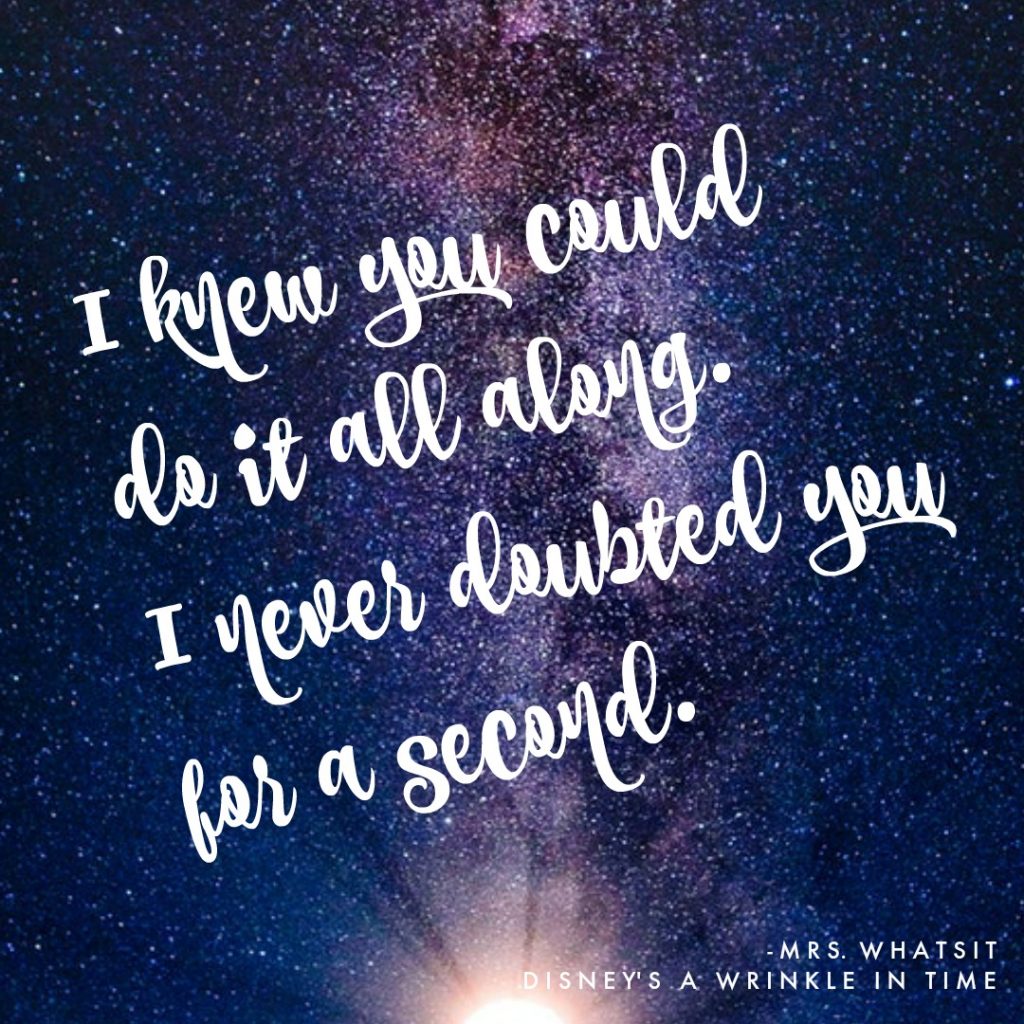
Kid Scientists in Grade School:
What Can They Do?
In Part I of our Science Guide for Grade Schoolers, there’s a lot of detail about what kids are capable of doing right now, and how incredibly primed their minds are for science activities of all kinds.
As they work through more complex problems and concepts, they can understand cause and effect, identify patterns, and make connections they couldn’t make before. Plus, they’re truly excited to better understand the world around them.
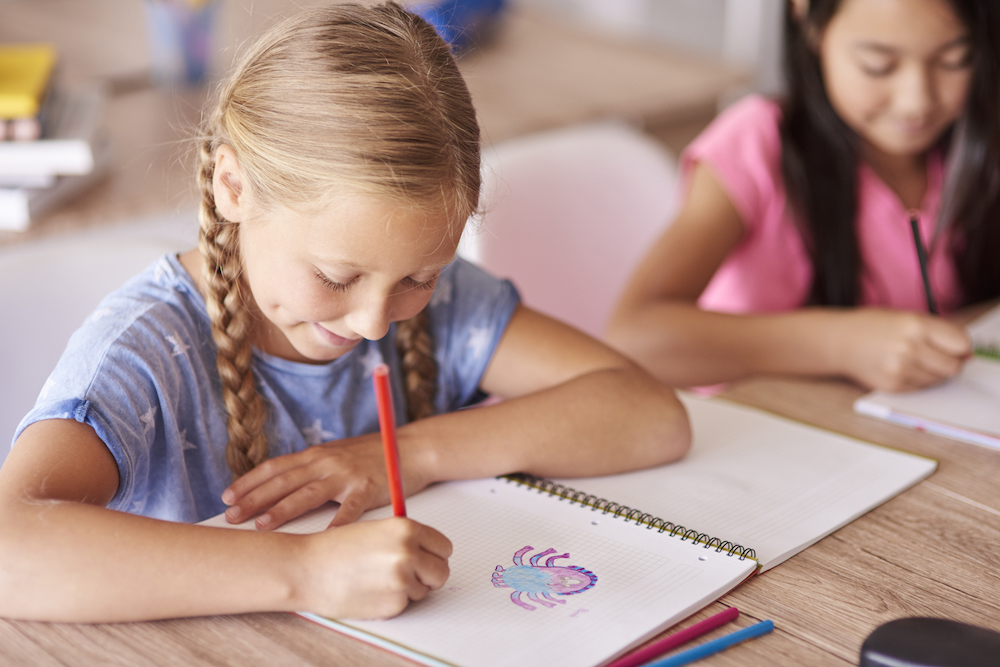
This is also a great time to help teach kids that the most important part of science isn’t success — it’s failure. And science activities are a wonderful opportunity to teach kids how to fail, and that getting things wrong is part of the process.
In science, failure = learning. It’s not the end…it’s just the beginning.
This is why getting kids started with a printable science experiment recording worksheet like this one is so ideal.
Science Activity for Grade Schoolers:
Learn to Be a Scientist Using this Printable Science Experiment Recording Worksheet.
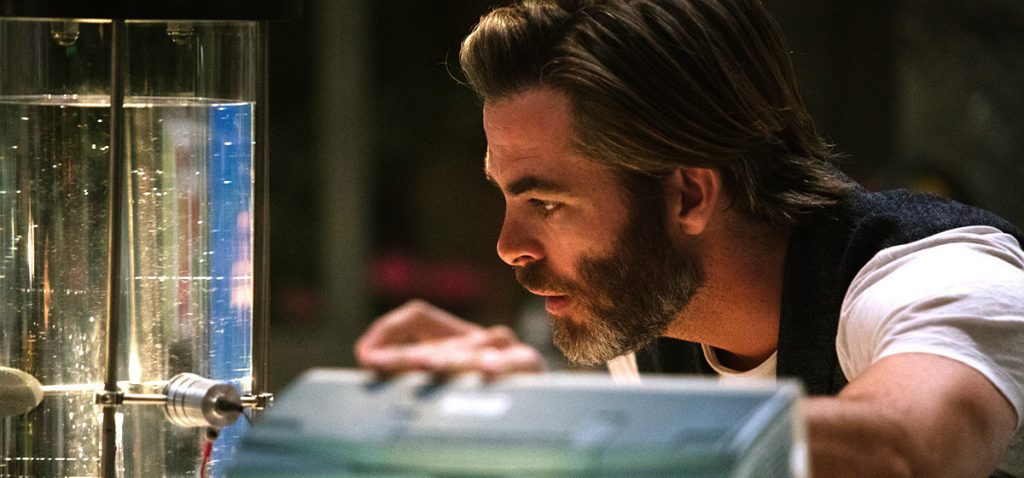
In one of the most poignant scenes in A Wrinkle in Time, Dr. Alex Murry attends a conference to present his theories about time travel and tesseracts, only to have all of the scientists in the audience laugh at his ideas.
But in the end, we know who gets the last laugh, right?
Being a scientist means trying…and failing. Then trying again. And a perfect way to do this is to start with a series of fun, testable questions (or hypotheses), which kids can test with experiments, then track their activity on one of these two free printable Science Experiment Recording Worksheets.
The first is great for kids of all ages, though older kids (with smaller handwriting) may prefer the format of the second one.
For Younger Kids:
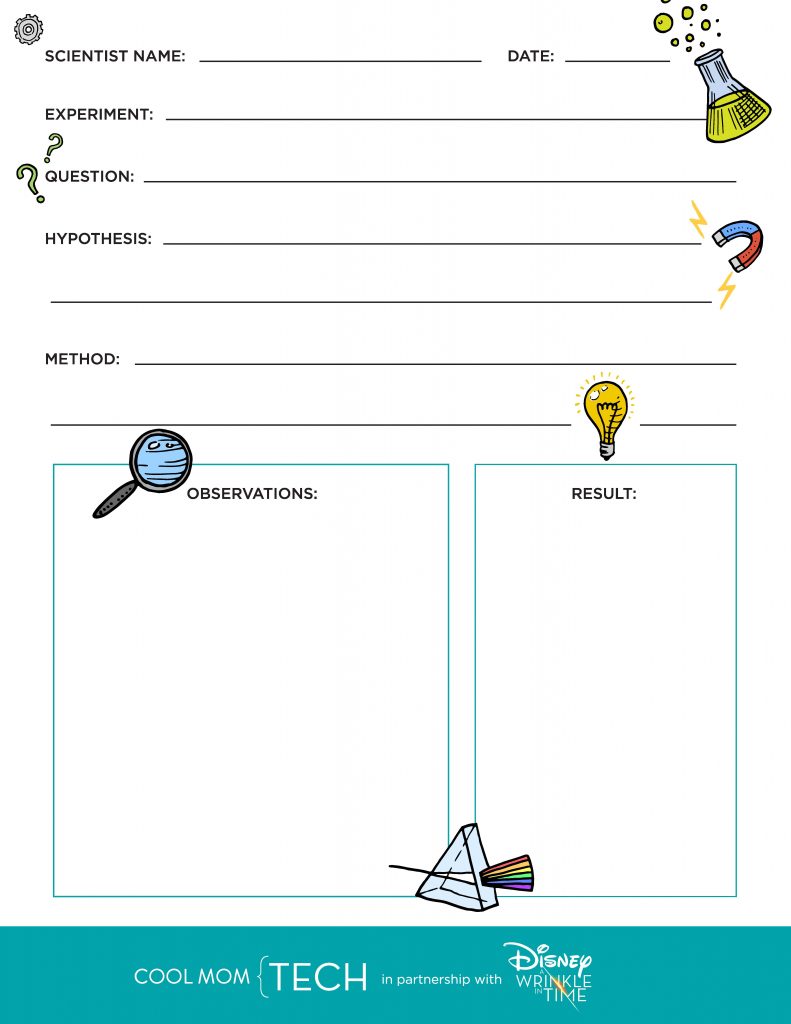
Download this free printable Science Experiment Recording Worksheet for kids at this link.
For personal use only.
For Older Kids:
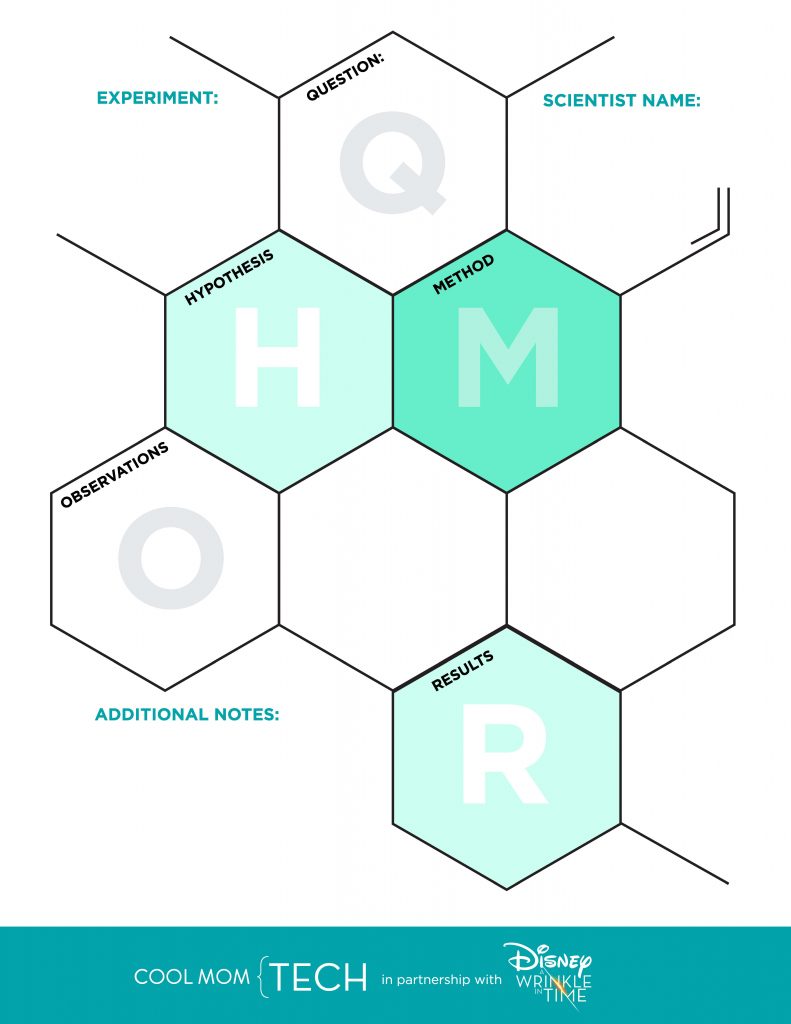
Download this free printable Science Experiment Recording Worksheet for older kids at this link.
For personal use only.
Instructions:
Each free printable Science Experiment Recording Worksheet includes the basics of scientific method:
–Name of the experiment
–Question, or what you’d like to find out
–Hypothesis, or your best guess about the results
–Method, or how you’ll try this
–Observations, or what you noticed along the way
–Results, or what happened
What’s especially important is not that you get a hypothesis right (though that’s always fun), but getting kids noticing, observing, analyzing, and wondering, so we can help keep them curious about science and the world around us. That’s why the observation part of your worksheet is so important.
To help your kids learn to talk about what they observe, check out the The National Science Teacher’s Association site, which offers some great sentence-starters that kids can use to jot down observations both during the experiment, and afterwards:
I learned…
I am surprised…
I wonder…
I now understand…
I like/don’t like….
The important thing about…
It’s these kinds of statements that really help kids see that they learn from trial and error (especially error!), and that there’s great value in that.
Using Your Science Experiment Recording Worksheet:
Idea-Starters for Grade Schoolers
The number of experiments you can conduct using this worksheet are endless. We bet your kids already have tons of ideas! Even so, here are some fun ideas we like from around the web to get you started.
Notice that we start every experiment with a question. Because what is a scientist’s job, really, but finding answers to all the questions we have?
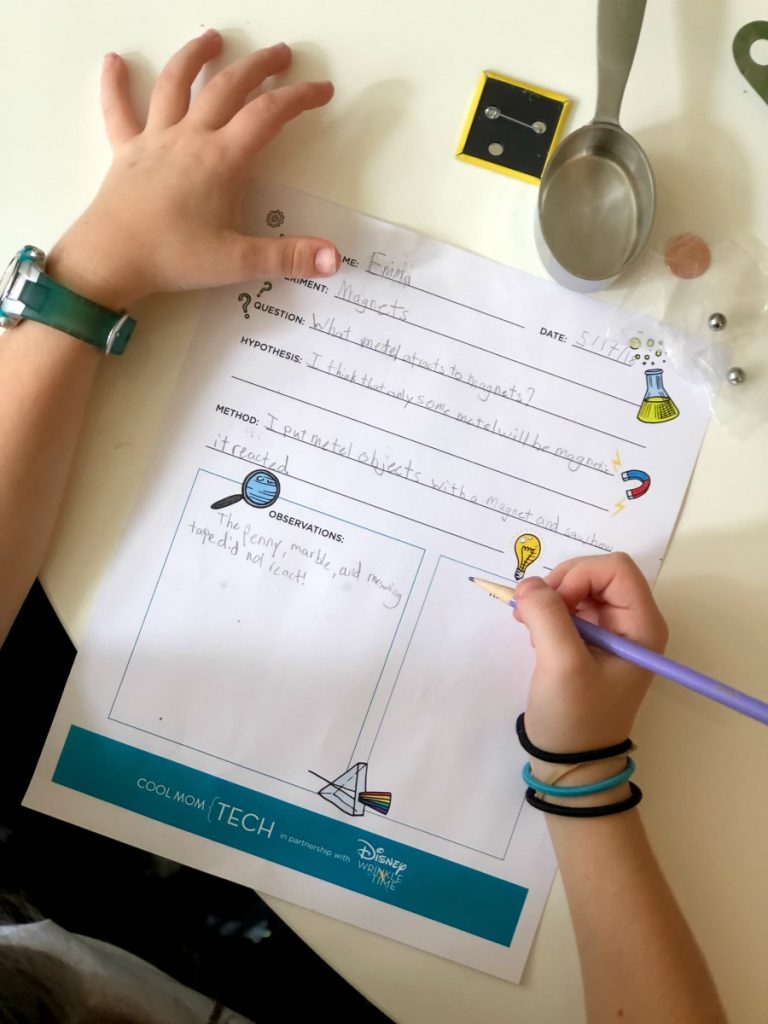
1. Which chewing gum’s flavor lasts the longest?
2. Which kind of paper airplane will fly the farthest?
3. What happens to a floating object (like an egg) when you add salt to the water?
4. Which weighs more: A bowlful of cotton balls, cherries, apples, water, or candies?
5. How long can you hold your arm out to the side without getting tired? How about when you are holding a book in that hand?
6. Which metal objects around the house are magnetic?
7. How can you get a penny clean?
8. How big do you think a gummy bear will expand if placed in different liquids?
9. Does a bigger ball bounce higher than a smaller ball?
10. Is your left hand stronger than your right? How about your feet?
Using Your Science Experiment Recording Worksheet:
Idea-Starters for Older Grade Schoolers
If you have older grade schoolers, or even tweens or teens, you can adapt the ideas above with more detail, or try some trickier kitchen table experiments and ask some more complex questions. A few ideas:
1. What happens if you bake a cake or cupcake, and leave out ingredients like eggs, baking soda, or oil, one at a time?
2. How accurate are the weather forecasts over a one-month period?
3. Can you crush a soda can using cold water?
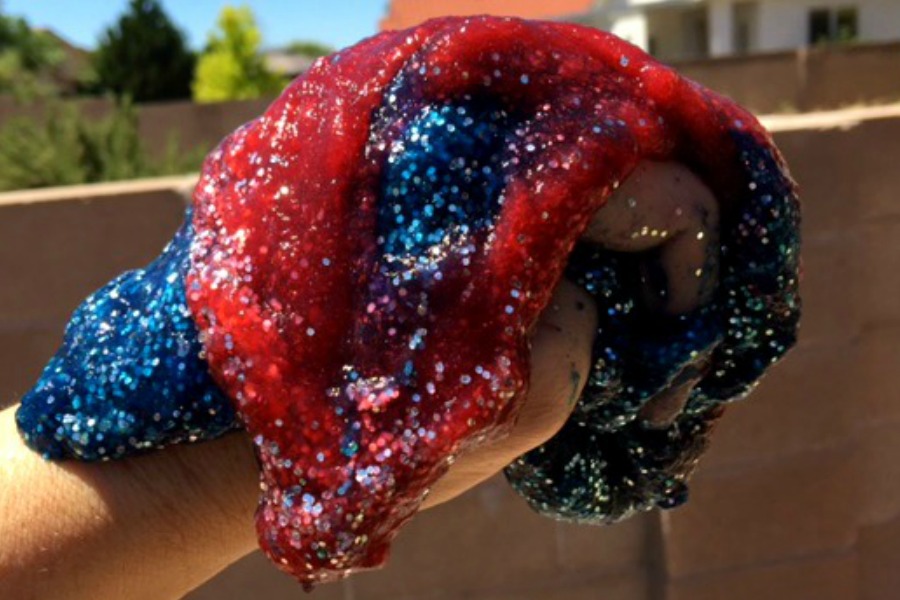
4. What happens when you change the ratio of ingredients in a batch of DIY slime?
(This glitter slime recipe is fun to try too.)
5. Will a homemade rocket launch using baking soda?
6. If you blindfold yourself and hold your nose, can you still identify different jelly bean flavors?
(This may be our own kids’ favorite experiment of all time.)
Of course, you can use your Science Experiment Recording Worksheet for any experiment at all — let your kids’ interests guide you! And remember, the most important question of all that you can ask a kid when an experiment is done, is: What did you learn from this?
Disney’s A Wrinkle In Time Discussion Starters for Grade Schoolers:
We think talking to your kids about movies they love is a great way to bring it to life, to make it even more meaningful, and to connect as a family over shared interests.
Here are a few questions that are perfect for grade school kids after watching Disney’s A Wrinkle in Time, available on Digital & Movies Anywhere May 29, and on Blu-ray June 5.
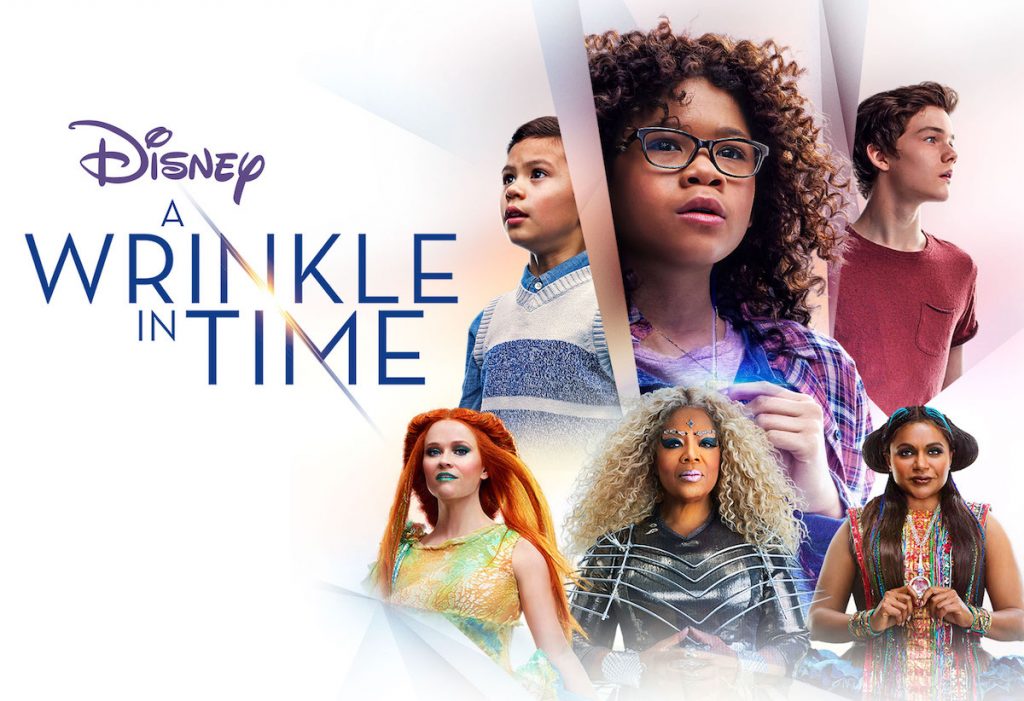
-What do you think was the message of the movie?
-Which character do you relate to the most?
-In what ways did Meg fail? In what ways did she succeed?
-What are some of the things you can do if you fail at something?
-Meg thought she was ordinary but found out that she was capable of extraordinary things. What are some of the things that make you extraordinary?
-What are some of the ways science was a part of the movie?
-If you could travel through time, where and when would you go?
Resources and opportunities for more learning:
Teaching Children it’s OK to Fail: PBS
How to teach Children Failure is the Secret to Success: NPR
The Gift of Failure by Jessica Lahey
48 Famous Failures who will Inspire You To Achieve: Wanderlust Worker
30 Science Experiments for the Young Scientist: Little Bins for Little Hands
15 of the Best Science Apps for Kids: Cool Mom Tech
Science Activities for Kids by Grade: Education.com
The 10 Best Science Centers in the Country for Kids: Parents
The NEA list of STEM resources for pre-K-12
Science Resources by Grade for Teachers/ Parents: PBS Learning Media NY
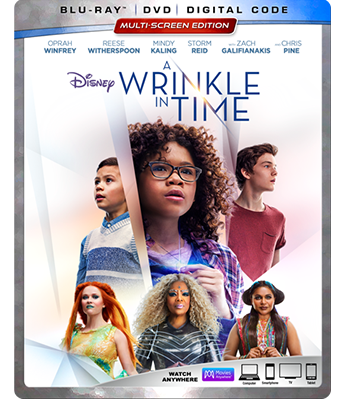
Thanks to our fantastic sponsor, Disney’s A Wrinkle in Time, available on Digital & Movies Anywhere May 29, and on Blu-ray June 5. We hope it helps bring the magic — and science — to your family!

